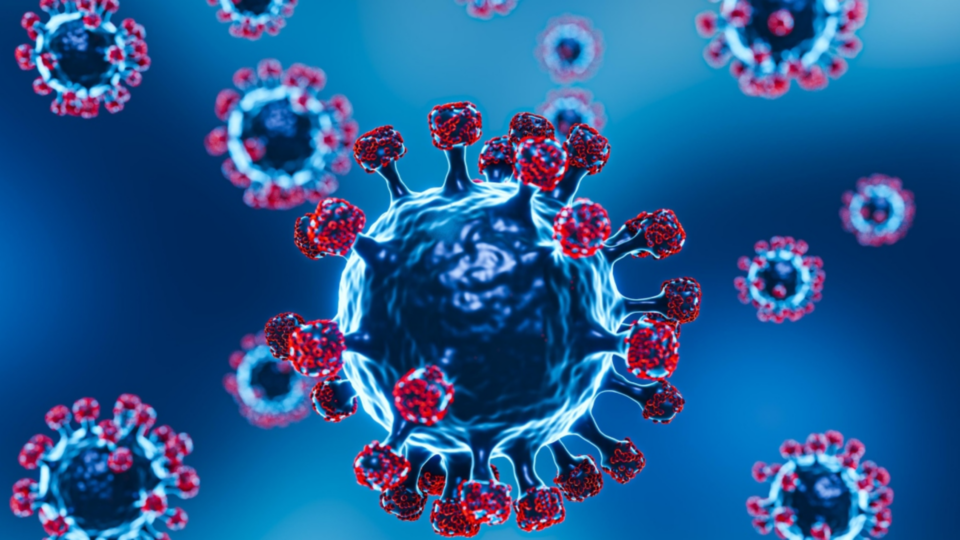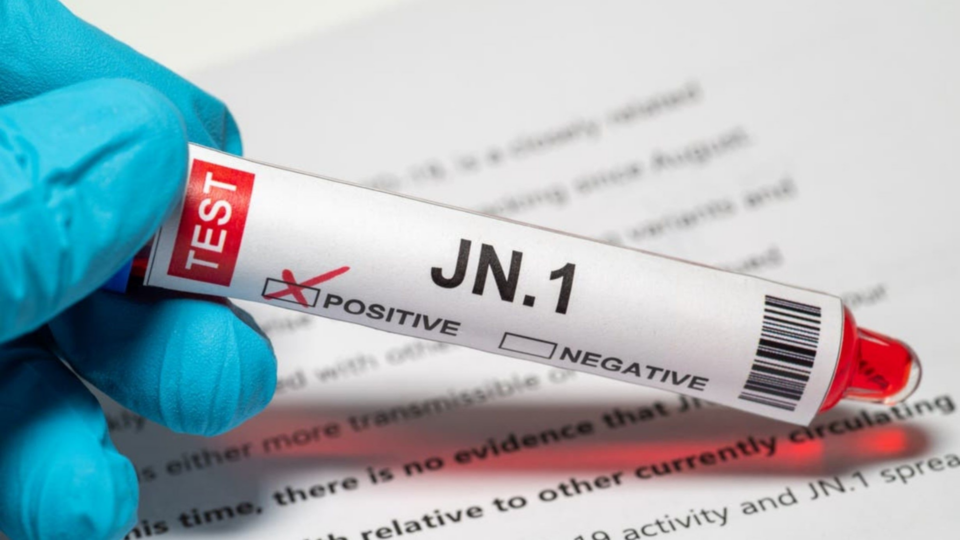
Can High Cholesterol by Itself Cause a Heart Attack?
High cholesterol is a health condition that can increase the risk of heart attacks. But what exactly is cholesterol, and can high cholesterol alone cause a heart attack? Let’s explore these questions and understand how cholesterol affects our hearts.
What is Cholesterol?
Cholesterol is a fatty substance found in your blood. Your body needs some cholesterol to work properly. Cholesterol helps build cells and make certain hormones. There are two main types of cholesterol:
- LDL (Low-Density Lipoprotein): Often called “bad” cholesterol because too much of it can clog your arteries.
- HDL (High-Density Lipoprotein): Known as “good” cholesterol because it helps remove bad cholesterol from your arteries.
How Does High Cholesterol Affect Your Heart?
When you have too much bad cholesterol (LDL) in your blood, it can build up on the walls of your arteries. This buildup is called plaque. Over time, the plaque can narrow your arteries, making it harder for blood to flow through them. This condition is known as atherosclerosis.
If a piece of plaque breaks off, it can form a blood clot. If the clot blocks an artery that supplies blood to your heart, it can cause a heart attack. This is why high cholesterol is considered a major risk factor for heart disease and heart attacks.
Can High Cholesterol Alone Cause a Heart Attack?
High cholesterol by itself is unlikely to cause a heart attack. However, it significantly increases the risk. Other factors also play a role in the development of heart disease and heart attacks. These factors include:
- High Blood Pressure: Increases the force of blood against artery walls, which can damage them.
- Smoking: Damages blood vessels and lowers good cholesterol.
- Diabetes: High blood sugar can damage blood vessels.
- Obesity: Excess weight can increase bad cholesterol levels.
- Lack of Exercise: Physical activity helps control weight and cholesterol levels.
- Unhealthy Diet: Diets high in saturated fats and trans fats can raise cholesterol levels.
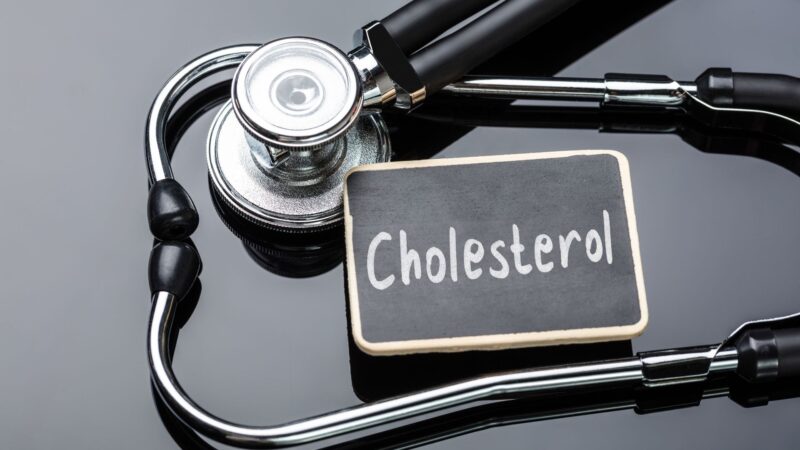
Symptoms of High Cholesterol in Females
High cholesterol usually doesn’t cause any symptoms. Many people don’t know they have high cholesterol until they get a blood test. However, some signs might indicate high cholesterol:
- Xanthelasma: Yellowish deposits of cholesterol under the skin, often around the eyes.
- Arcus Senilis: A white or grey ring around the cornea of the eye.
Even though these signs can suggest high cholesterol, the only way to know for sure is through a blood test.
Cholesterol Heart Attack Risk Calculator
Doctors use tools called cholesterol heart attack risk calculators to estimate a person’s risk of having a heart attack. These calculators consider various factors, including:
- Age
- Gender
- Total cholesterol level
- HDL cholesterol level
- Blood pressure
- Smoking status
- Diabetes status
By inputting this information, doctors can determine how likely someone is to have a heart attack in the next 10 years. This helps them decide on the best treatment plan.

Signs of High Cholesterol on the Face
As mentioned earlier, yellowish deposits called xanthelasma can appear on the skin around the eyes. These deposits are made of cholesterol and are a sign that you might have high cholesterol. While they are not harmful themselves, they can indicate a higher risk of heart disease.
Does High Cholesterol Cause Heart Attack or Stroke?
High cholesterol can increase the risk of both heart attacks and strokes. A heart attack happens when blood flow to a part of the heart is blocked. A stroke occurs when blood flow to a part of the brain is blocked. Both conditions can result from a buildup of plaque in the arteries caused by high cholesterol.
What Are 10 Warning Signs of High Cholesterol?
High cholesterol usually doesn’t have clear warning signs. However, some indirect signs may suggest that you should get your cholesterol levels checked:
- Chest Pain or Angina: Discomfort in your chest, especially with activity.
- Shortness of Breath: Difficulty breathing, especially during physical activity.
- Numbness or Tingling: Especially in the hands or feet.
- Fatigue: Feeling unusually tired or weak.
- High Blood Pressure: Often linked to high cholesterol.
- Nausea: Feeling sick to your stomach.
- Heart Palpitations: Irregular heartbeats.
- Swelling in the Legs: Fluid buildup can cause swelling.
- Skin Changes: Yellowish deposits around the eyes.
- Poor Circulation: Cold or numb extremities.
High Cholesterol and Heart Disease: Myth or Truth?
The link between high cholesterol and heart disease is a well-established truth. High cholesterol is a major risk factor for heart disease. While other factors also contribute, managing cholesterol levels is crucial in reducing the risk of heart disease and heart attacks.
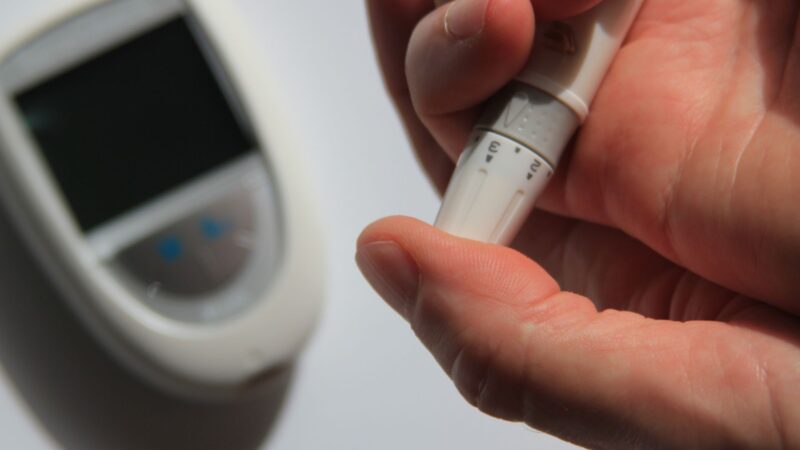
What Can Cause a Sudden Increase in Cholesterol?
Several factors can cause a sudden increase in cholesterol levels:
- Diet: Eating foods high in saturated fats and trans fats.
- Weight Gain: Gaining excess weight can increase cholesterol levels.
- Lack of Exercise: Not getting enough physical activity.
- Medical Conditions: Conditions like diabetes and hypothyroidism.
- Medications: Some medicines can increase cholesterol levels.
My Cholesterol is 7.1 – Is That High?
Cholesterol levels are measured in millimoles per liter (mmol/L) in many countries. A cholesterol level of 7.1 mmol/L is considered high. Here’s a quick guide to cholesterol levels:
- Desirable: Less than 5 mmol/L
- Borderline High: 5 to 6.4 mmol/L
- High: 6.5 to 7.8 mmol/L
- Very High: Above 7.8 mmol/L
If your cholesterol is 7.1, it’s important to talk to your doctor about ways to lower it.
Managing High Cholesterol
Managing high cholesterol involves lifestyle changes and, in some cases, medication. Here are some tips:
- Healthy Diet: Eat more fruits, vegetables, whole grains, and lean proteins. Avoid foods high in saturated fats and trans fats.
- Exercise Regularly: Aim for at least 30 minutes of moderate exercise most days of the week.
- Maintain a Healthy Weight: Losing weight can help lower cholesterol levels.
- Avoid Smoking: Smoking lowers good cholesterol and increases the risk of heart disease.
- Limit Alcohol: Drink alcohol in moderation.
Medications for High Cholesterol
If lifestyle changes aren’t enough, your doctor may prescribe medications to help lower cholesterol. These medications include:
- Statins: Reduce the amount of cholesterol your body makes.
- Bile Acid Sequestrants: Help remove cholesterol from the blood.
- Cholesterol Absorption Inhibitors: Reduce the amount of cholesterol absorbed from food.
- PCSK9 Inhibitors: Help the liver absorb more LDL cholesterol from the blood.
Regular Check-Ups
Regular check-ups with your doctor are important. See your doctor often. They can check your cholesterol and other things that can hurt your heart. Finding problems early helps stop heart attacks and strokes. Your doctor can monitor your cholesterol levels and other risk factors for heart disease.
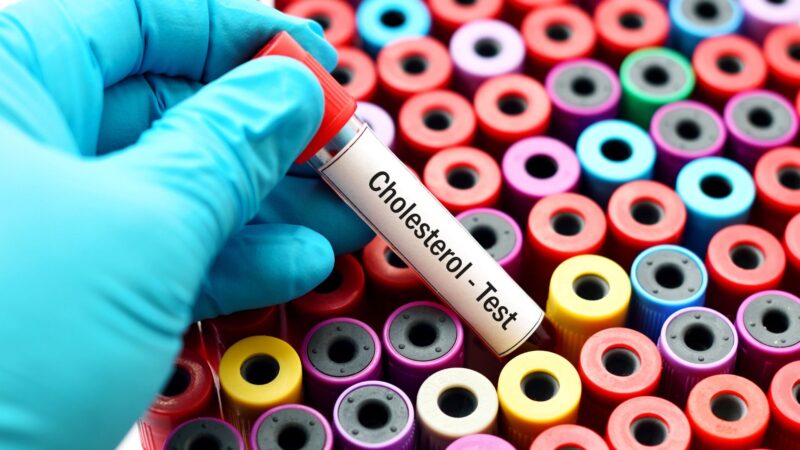
Conclusion
Keeping your cholesterol in check requires ongoing monitoring. Regular blood tests will help you and your doctor track your progress. Early detection and management are key to protecting your heart health.
Remember: High cholesterol is a manageable condition. By making healthy lifestyle changes and working with your doctor, you can significantly reduce your risk of heart disease and stroke.
Would you like to know more about specific foods to avoid or include in a cholesterol-lowering diet?
Remember, the best way to know if you have high cholesterol is through a blood test. If you have high cholesterol, work with your doctor to find the best way to lower it and keep your heart healthy.


